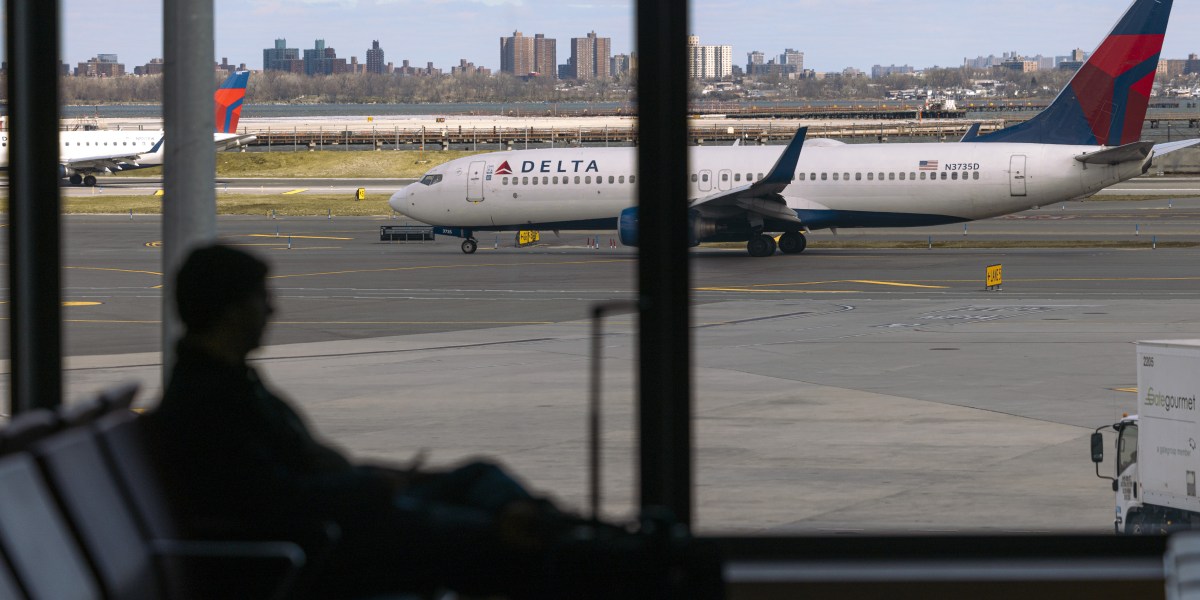
Delta Air Lines Inc. will stop selling tickets under the “basic economy” label that many large carriers have adopted in recent years to compete with no-frills offerings of discount competitors.
The airline on Thursday announced a reorganization of its fare categories aimed at giving passengers more options within each cabin section, with varying features such as assigned seats, the ability to change flights or loyalty benefits. Delta said it will still offer low-cost fares as a sub-category of its Delta Main tickets.
The change, which applies to flights departing on or after Oct. 1, is part of a strategy Delta detailed last year to respond to changing consumer demands and a growing preference for premium products. Some carriers have been focusing recently on more-lucrative upscale fare categories, deemphasizing the base-level fares that had been popularized by the likes of Spirit Airlines and spread to legacy carriers.
But Delta may risk creating customer confusion with all the new options, including both “classic” and “extra” versions of their Delta Comfort and Delta One fares.
“The traveling public is going to greet this with a gigantic, ‘Huh?’” said Henry Harteveldt, founder of Atmosphere Research Group, an advisory firm for the travel industry. “My concern is that it risks making it so confusing to customers that they seek out a competitor whose offerings are more straightforward.”
He also said the “slicing and dicing” of products could undermine the image Delta has cultivated for more than a decade as a premium carrier.
Delta said it’s using a “modernized shopping layout” on its website and app that details attributes of each fare category to help avoid any customer confusion.
The option to purchase “Main Basic” fares will exist across Delta’s network, but will be subject to availability, the airline said. Large carriers like Delta, United Airlines Holdings Inc. and American Airlines Group Inc. all adopted versions of the no-extras fare to lure travelers from deep-discount rivals that offered less legroom and charged for things like a carry-on bag or a bottle of water.
This story was originally featured on Fortune.com

